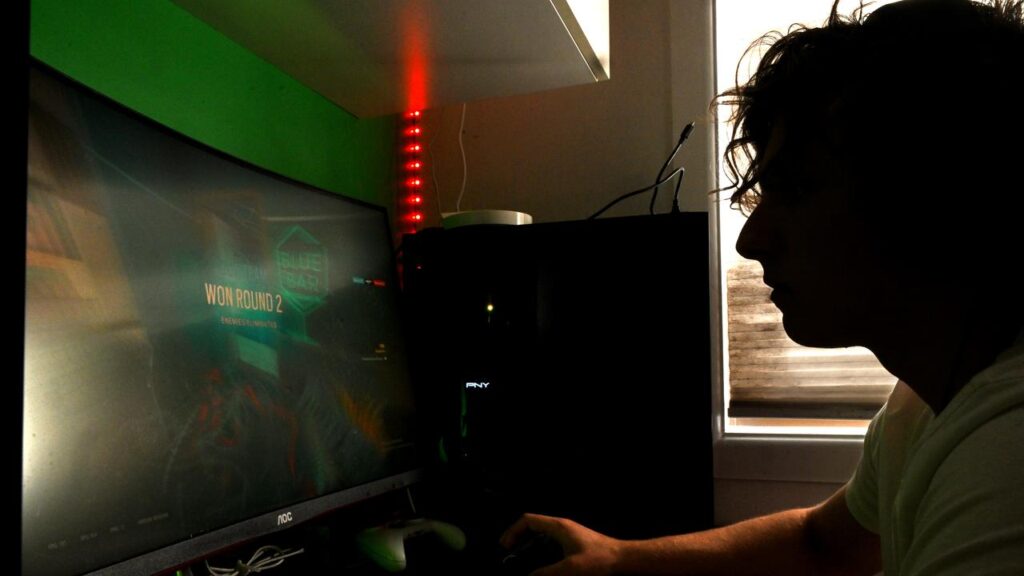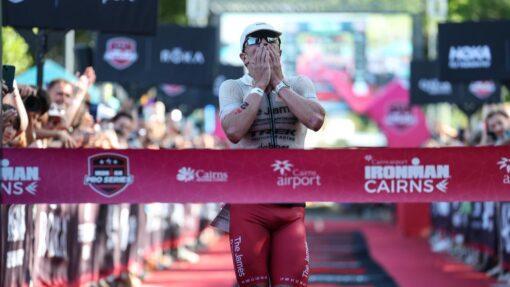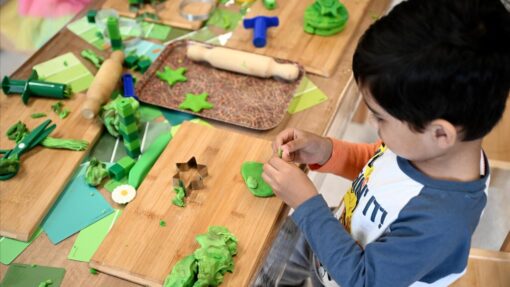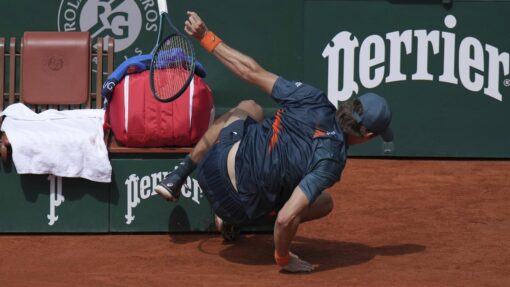Backflip on post and boast laws after ‘disturbing’ rise
Callum Godde and Melissa Meehan |

A state has sensationally backflipped on its opposition to laws that crack down on crooks posting and boasting about their crimes.
Victoria has become the last Australian state or territory to move on “post and boast” laws, making it a specific offence to brag about crimes on social media and messaging apps.
Under legislation introduced to parliament on Tuesday, criminals who publish footage of their involvement in affrays, car thefts, home invasions, robberies or carjackings will face an extra two years in jail.
The proposed offence will cover anyone who encourages or facilitates such crimes.
Attorney-General Sonya Kilkenny said the Victorian government was responding to a “disturbing” rise in post-and-boast behaviour, particularly among young people chasing clout on social media platforms like TikTok and Snapchat.
“We are criminalising when offenders turn crime into content,” she told reporters.
Ms Kilkenny said the legislation, which was expected to pass parliament and take effect later in 2025, would grant police powers to search property and devices connected to the alleged offence.
Third parties, such as witnesses, bystanders and journalists, won’t be captured by the laws.
It will bring Victoria in line with penalties in NSW, Queensland and the Northern Territory.
Tasmania, Western Australia and South Australia have also committed to rolling out similar measures.

Ms Kilkenny said Victoria’s laws would be similar to those in NSW but cover a wider array of serious offences.
University of Queensland associate professor Renee Zahnow said there was no empirical evidence the laws stopped the conduct.
Their biggest limitation, the criminologist said, was they did not stop footage of a crime being posted by other community members.
“So if the aim is to address infamy and copycats then it will not necessarily have any impact,” Assoc Prof Zahnow told AAP.
“Because most of the CCTV and video footage posted online and then shared and replayed continuously by media outlets does not originate from perpetrators but instead from members of the public.”
The Victorian Aboriginal Legal Service said the state government appeared to be copying other state and territories’ “regressive approaches” to youth offending.
“They are no ‘tougher’ than other states, but are equally misguided,” its chief executive Nerita Waight said.

In 2024, then-federal opposition leader Peter Dutton pushed to make it a Commonwealth offence to post material depicting violence, drug or property offences to bolster notoriety.
The Victorian government at the time ruled out a specific offence to target the problem, suggesting it was covered by a charge created after the 2020 Eastern Freeway crash that left four police officers dead.
But Premier Jacinta Allan signalled a potential change of stance in March after footage was uploaded online of a security guard being attacked by a gang of youths at a Bendigo shopping centre.
Shadow attorney-general Michael O’Brien said Labor had been dragged “kicking and screaming” to the reforms.
“We are the last state in the country to move on this issue,” he said.
Opposition Leader Brad Battin argued the government was introducing the legislation to appear tough on crime ahead of fresh crime statistics being released on Thursday.
Police Minister Anthony Carbines denied the move was motivated by politics and rejected suggestions Victoria could have acted sooner.
“We don’t make any apologies for taking our time to get that right,” he said.

Victoria’s post-and-boast crackdown comes alongside tougher bail laws and machete bans following surging rates of youth crime, aggravated burglaries and car thefts.
Police union boss Wayne Gatt said the laws were unlikely to be a silver bullet to the crime crisis, with the solution lying in effective bail reforms that put offenders behind bars.
“Once they are there, we’re happy for them to boast as much as they like,” he said.
Another round of bail law reforms is expected to be introduced to Victorian parliament as early as July.
AAP


